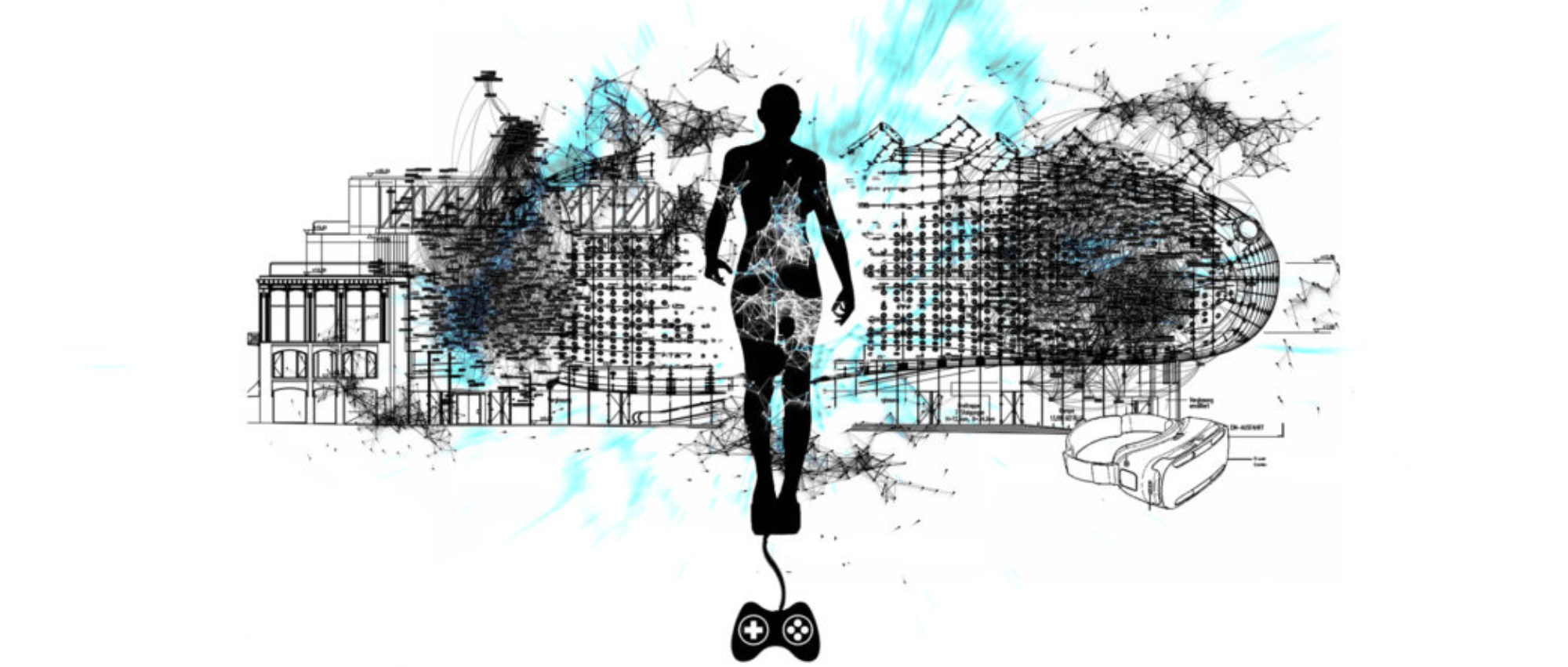The potential of using virtual reality in the school context is assessed heterogeneously from a scientific point of view. Especially the embedding in existing didactic approaches, the concrete design of the support system as well as the competence of the teachers are relevant. But it is undisputed that virtual reality opens up new possibilities to visit different out-of-school learning locations. However, it is not yet clear whether these opportunities have a significant impact on learning success. In this paper, three research questions about the learning effect and the essential criteria for the use of virtual reality are investigated in a qualitative field experiment with a virtual reality learning unit about our solar system. The field experiment follows a classical A/B testing approach with pre- and post-tests. The results show that virtual reality can contribute to students‘ knowledge transfer. However, this contribution does not show a higher learning success compared to a classical didactic approach. Another result shows that combining virtual reality learning applications with a traditional teaching approach can be very successful. However, as long as virtual reality is a new experience for most students, the use of VR goggles leads to cognitive overload.
Follow this link to download APK for Quest2
